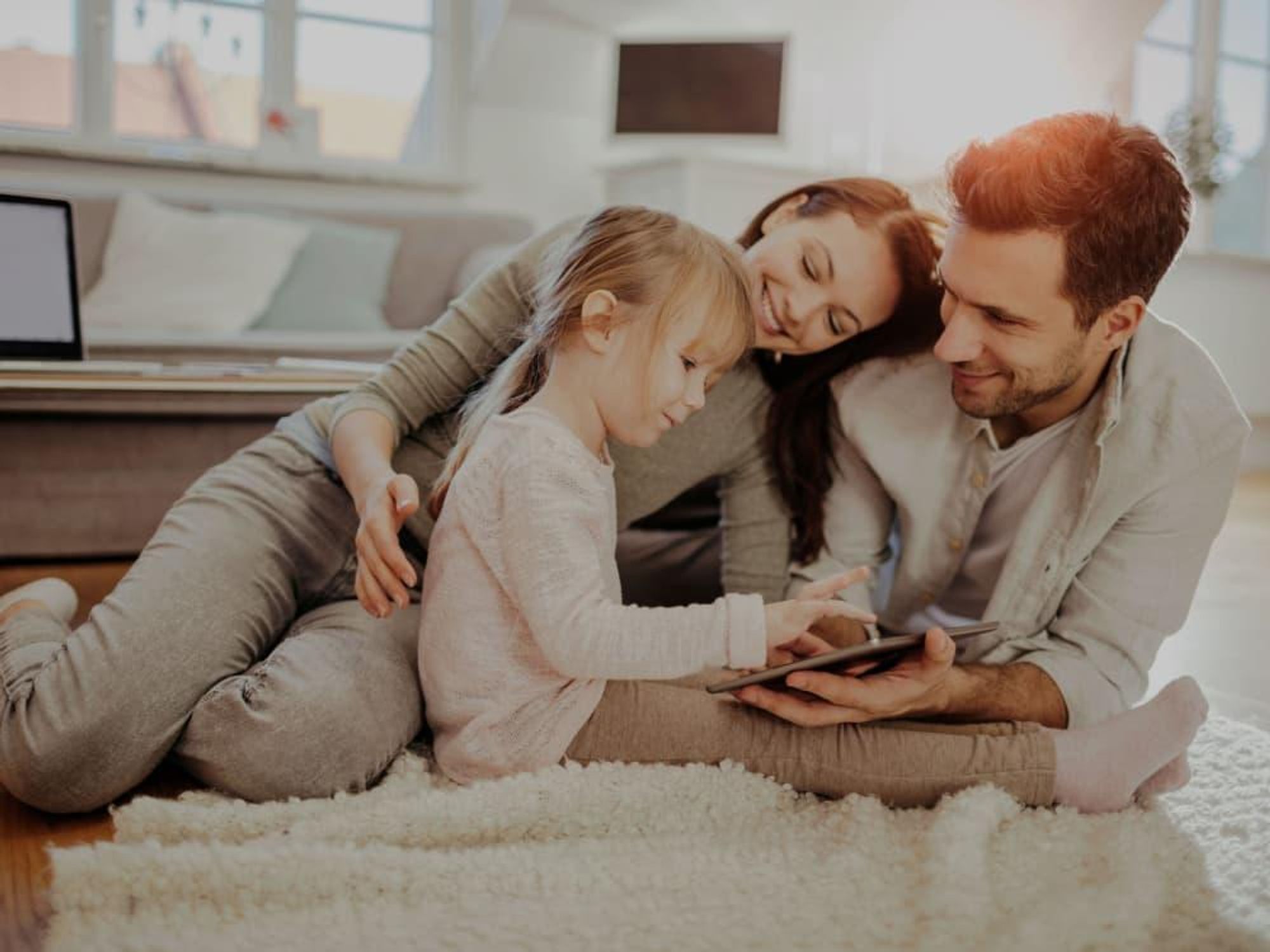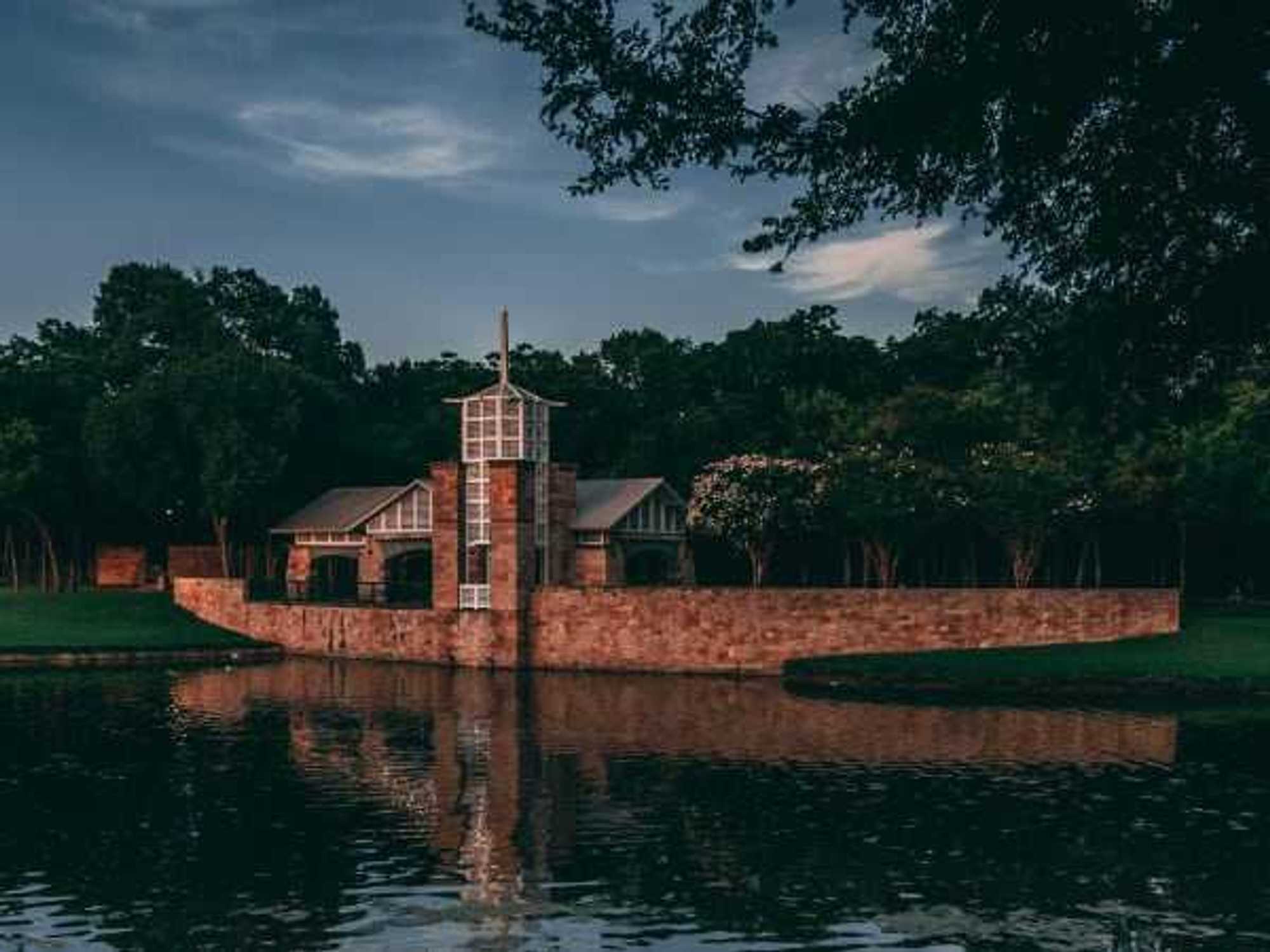Coronavirus News
Should Dallas residents stay at home or should they shelter in place?

One of the side trips of the coronavirus has been the introduction of a new set of buzz words: pandemic, flattening the curve, and social distancing are just a few of the COVID-19 terms that have become a regular part of our patois.
Most of these terms have specific definitions and are easy to comprehend. But one set of competing phrases represents a source of confusion: "shelter in place" versus "stay at home" versus "work safe".
Dallas County Judge Clay Jenkins was the first area official to impose coronavirus regulations when he enacted a "shelter-in-place" order, effective March 23. The city of Richardson followed suit, enacting its own shelter-in-place order; so did the city of Garland.
Fort Worth Mayor Betsy Price changed up the formula on March 24 when she imposed an order called "Stay Home/Work Safe."
Despite the differing nomenclature, Fort Worth's order reads similarly to the order enacted by Dallas County, decreeing that residents stay home and businesses close unless considered "essential."
Collin County Judge Chris Hill confused matters when on the same day, he imposed an order also called Stay Home/Work Safe — but his restrictions were looser, allowing residents to do not only essential tasks such as food shopping but also go to their offices. Hill emphasized that every job in the county was "essential."
The city of Austin also enacted a policy it called Stay at Home/Work Safe, with restrictions similar to Fort Worth and Dallas.
Texas city leaders, what is going on?
Shelter in place
The phrase "shelter in place" actually has a historical definition stemming from its original use during emergencies and disasters. Prior to COVID-19, shelter-in-place orders were invoked during emergency events such as mass shootings or chemical spills.
When governmental agencies such as the Centers for Disease Control and Prevention issue a shelter-in-place warning, it means you get inside, seal the doors and windows, and hunker down.
Cognizant of this, New York Governor Andrew Cuomo protested the use of the phrase, saying that it potentially caused panic. His order had the same restrictions as shelter-in-place orders other cities and states had enacted, but he called his PAUSE — "Policies Assure Uniform Safety for Everyone." Eyeroll.
Stay at home
San Francisco was one of the first in the country to act when it enacted its shelter-in-place order way back on March 16. But in the ensuing days, shelter in place has been replaced by "stay at home."
A spokesperson for Austin Mayor Steve Adler, says that when they chose "stay at home/work safe," it was modeled on what other cities and states had done.
"Mayor Adler was in touch with different folks across the country to discuss the order as it being formed," the spokesperson says. "We wanted to emphasize that people need to stay at home, but we don't want to stop people from going to the store or the pharmacy, or people who still need to work in essential industries."
"Stay at home" is ultimately more accurate. Residents stay indoors except for "essential" activities, such as buying food and seeking medical treatment. It is not a total lockdown. People can take walks and do outdoor activities, provided they maintain six feet of distance from others.
Most retail stores and corporate offices are closed, but businesses deemed essential stay open, such as supermarkets, pharmacies, banks, vets, pet stores, liquor stores, and laundromats. Restaurants can stay open but with takeout and delivery only.
Fort Worth's Mayor Price says that they thoughtfully chose "stay home/work safe," in order not to abuse the phrase shelter in place.
"The reason we didn't do a 'shelter-in-place' order is because it's a term that gets used for mass shootings, and it really means 'stay put for a small amount of time,'" she says. "We thought 'stay home' creates a more realistic expectation."
She says they arrived at that phrase after conferring with a number of big cities and big counties in Texas, including San Antonio, Houston, Austin, and El Paso.
"In Fort Worth, we say, 'Y'all Stay Home,'" she says. "I say that every day on Facebook Live."

 Renderings for Halperin Park. Courtesy rendering
Renderings for Halperin Park. Courtesy rendering